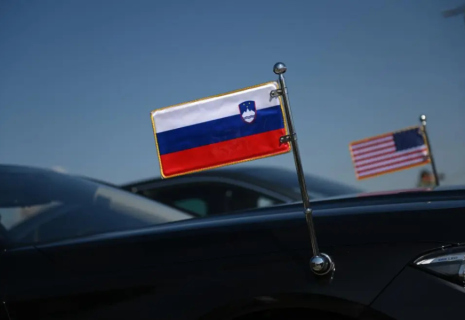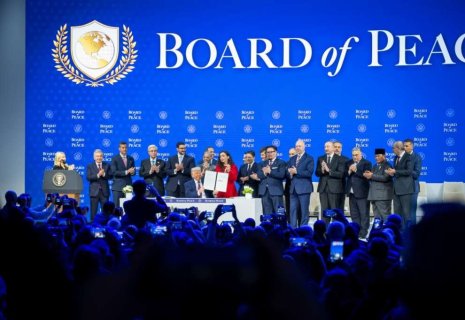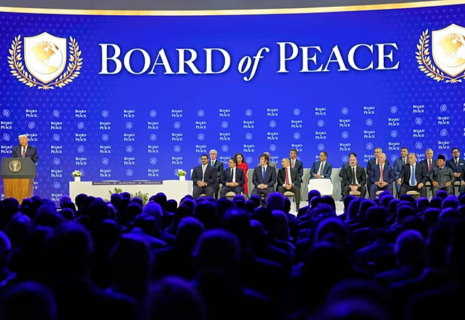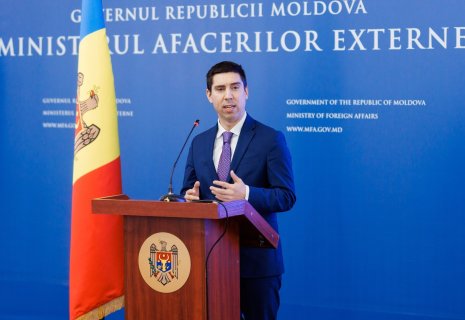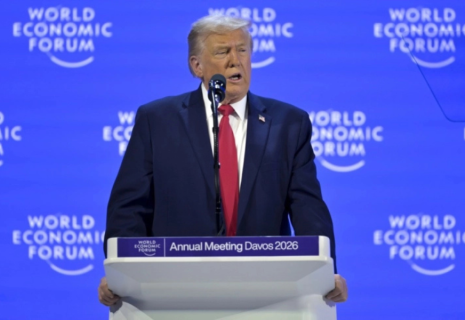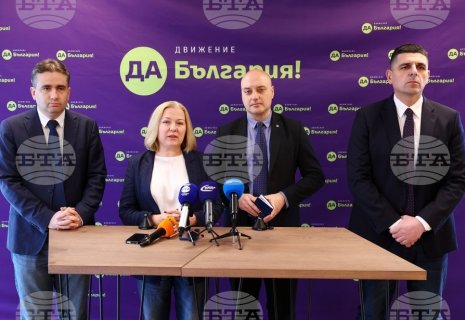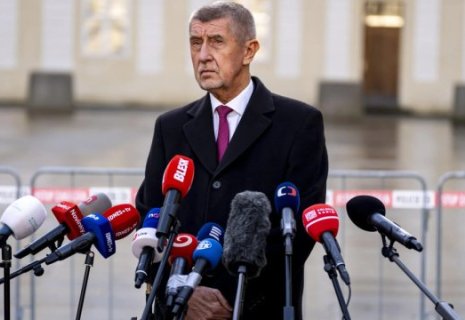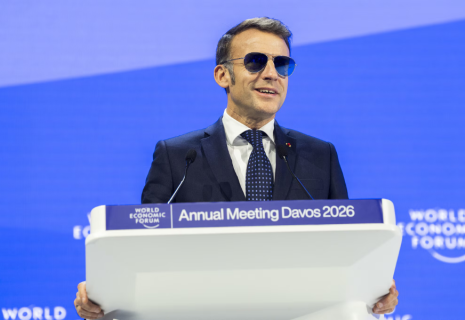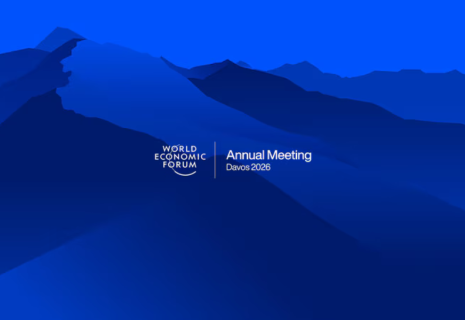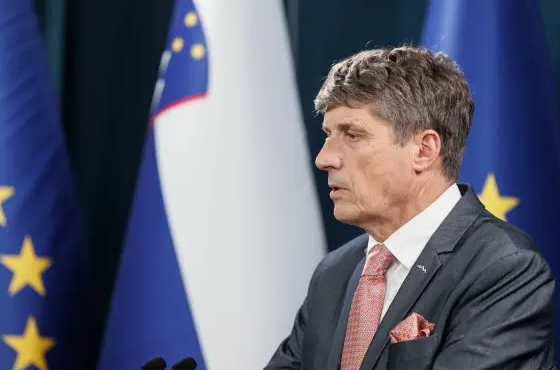
Draft defence plan shakes Slovenian politics
The government approved a draft defence resolution that would increase the funding for defence and security policy to 2% of GDP this year and gradually increase it to 3% by 2030. The resolution stresses the importance of dual-use investments and strengthening of personnel.
The draft resolution sets out a plan for the development of the Slovenian Armed Forces (SAF) until 2040 and upgrades the previous version of the document adopted in 2023, CE Report quotes STA.
According to Defence Minister Borut Sajovic, the aim is for Slovenia to stay a safe, stable and supportive country and to be decisive in defence.
The world is experiencing geostrategic changes that have not been seen for decades, Sajovic said at a press conference after the government session.
"We have to adapt to that and that is what we are doing in Slovenia; we are realising the commitments that were not implemented for decades," he said.
Sajovic highlighted the higher defence expenditure, which will be increased this year to 2% of GDP and then by 0.2 percentage points per year to reach 3% of GDP by 2030.
More important than defence purchases is the personnel strengthening. "That is why we are moving towards the expansion of the augmentation territorial forces, following the example of the Territorial Defence," the minister said.
Asked how Slovenia would achieve this, Sajovic said that this included augmentation forces and reserve forces.
When drafting the resolution there were some doubts on how many people Slovenia could provide that would join the territorial forces voluntarily, he said. Currently there are 60,000 people in Slovenia that have undergone basic training in different categories but Sajovic believes that an additional 30,000 people could be included in the system in the period that the resolution covers.
Sajovic rejected claims that they opportunistically avoided introducing a conscription system. He said that they were also monitoring countries making steps in that direction and that results showed "mandatory conscription was not a magic wand".
The minister also expects the state will be backed by local industry and knowledge when it comes to security. In the past few months the "cluster of Slovenian defence industry" has expanded by more than 20 companies, he said.
The government also stressed the importance of dual-use infrastructure in the draft resolution.
"When we discussed this in Slovenia in September, October, there was quite some mocking at home and abroad. Now that we are preparing together for the summit in the Hague, this is a respectable opinion, even at ministerial meetings," he said.
As part of dual-use investments, Slovenia will aim to strengthen cyber security, logistics, healthcare capacities and infrastructure, also because there are two important transport corridors for NATO on Slovenian territory.
The government has also opted to increase army healthcare capacities in Celje, Maribor, Nova Gorica, orthopaedics hospital in Valdoltra, the Vojnik psychiatric hospital and the Soča rehabilitation institute. It is also renovating part of the Peter Deržaj hospital in Ljubljana and setting up heliports in Maribor, Celje and Nova Gorica, Sajovic said.
Sajovic said that the draft resolution enjoyed strong support in the government but did not comment on the claims that the Left's ministers did not vote in favour of the resolution. Everyone in the government is striving for maximal security, resilience and peaceful politics, even if their paths are somewhat different, he said.
There will be more opportunities for discussion as the draft resolution moves to the National Assembly, Sajovic said.
"The question of Slovenian national security and resilience is not a question of coalition or opposition. It is a question of all of us. We expect broad support but all concerns over what could be done better are legitimate," he said.
The Left's ministers voted against the proposal today, criticising the calls from NATO, EU Commission and some leaders on the need to raise defence spending, saying that this will have a negative effect on the welfare state and public services.
The party said it opposes armament and geopolitical muscle flexing as these were precisely the causes of the deteriorating international security situation. The Left will continue to advocate finding solutions at the negotiating table, it said.
The other junior coalition party, the Social Democrats, backed the resolution but the party head and Economy Minister Matjaž Han said it would be crucial that no cuts are made into social and other transfers, and business. "Since we have wars we also have economic problems that we need to tackle," he said.


